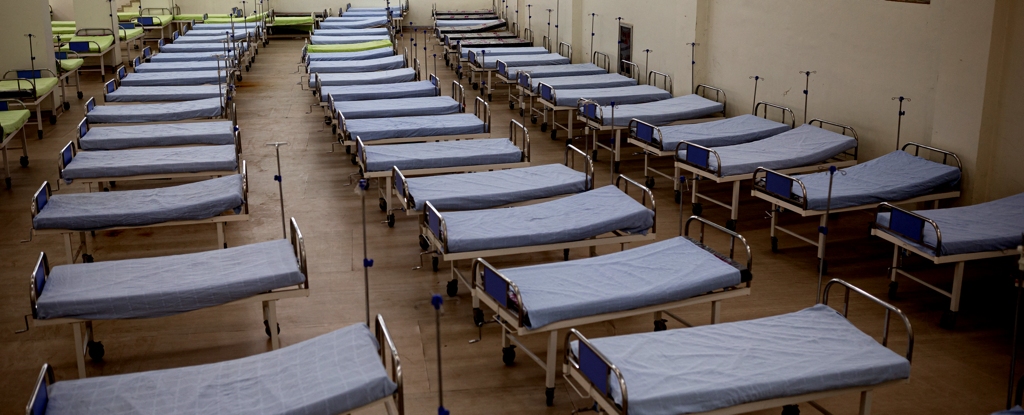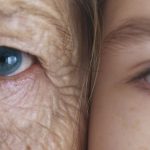
Nearly half of individuals who have contracted COVID-19 in Africa are currently grappling with the effects of long-term COVID-19, as revealed by a comprehensive review of past studies and analysis encompassing data from a total of 29,213 people.
Formally, long COVID refers to persistent symptoms three months after infection with the SARS-CoV-2 virus. Globally, at least 10 percent of infected individuals are estimated to experience this condition, and recently published research indicates higher rates in multiple countries.
However, the occurrence rates of long-term COVID-19 in Africa surpass all other estimates. The reasons for this discrepancy remain unclear. In low-income countries, gauging the incidence of long COVID is challenging, given hidden infections and the difficulties associated with accessing tests.
Among African nations, past assessments vary widely, ranging from only 2 percent in Ghana to as high as 86 percent in Egypt.
The fact that less than 51.8 percent of individuals in African nations have completed their vaccination could also contribute to the situation. However, detailed data on vaccination status and COVID-19 outcomes in this region remain largely unavailable.
Moreover, a significant portion of the patients examined in the present review were hospitalized or placed in the intensive care unit, suggesting a bias toward the most severe cases.
The team leading the review, headed by researchers from the University of Bari in Italy, calls for further research to properly assess the impact of long COVID on the African continent. This effort aims to provide treatment and support to those in need.
“To our knowledge, this is the first meta-analysis exploring the prevalence, risk factors, and symptomatology of long COVID in Africa,” write the researchers in their published paper.
“Nearly 50 percent of the people included in this meta-analysis exhibited long COVID symptoms. This finding reinforces the critical significance of this emerging condition.”
According to the review, older individuals are more prone to experiencing long COVID, aligning with previous research. Interestingly, contrary to the findings of prior studies, there was no significant difference in long COVID risk between men and women.
The prevalent neurologic symptom in individuals with long COVID was cognitive impairment, while shortness of breath emerged as the most common respiratory symptom. Psychiatric conditions were widespread, with a quarter of those affected by long-term COVID-19 reporting post-traumatic stress disorder (PTSD).
“This is concerning because the additional burden in mental health disorder brought by the COVID-19 pandemic and its chronic consequences meets a health system which is largely unprepared to address mental health conditions,” write the researchers.
While the severity and symptoms of long-term COVID-19 can vary, it proves to be a debilitating condition for many. In this study, the team discovered that a quarter of individuals with long COVID reported a diminished quality of life, often citing fatigue and loss of appetite as common issues.
Currently, there is no cure for long COVID, although symptoms can be managed to some extent in certain cases. Ongoing research is exploring how the condition impacts the body and potential strategies for its treatment.
In the context of Africa, the researchers are advocating for the collection of more data on long COVID throughout the continent and an increased awareness of the potential prevalence of this condition – a move that could ultimately benefit those affected.
“High-quality studies addressing this condition in African settings are urgently needed,” write the researchers.
The findings are detailed in the publication of Scientific Reports.






Leave a Reply